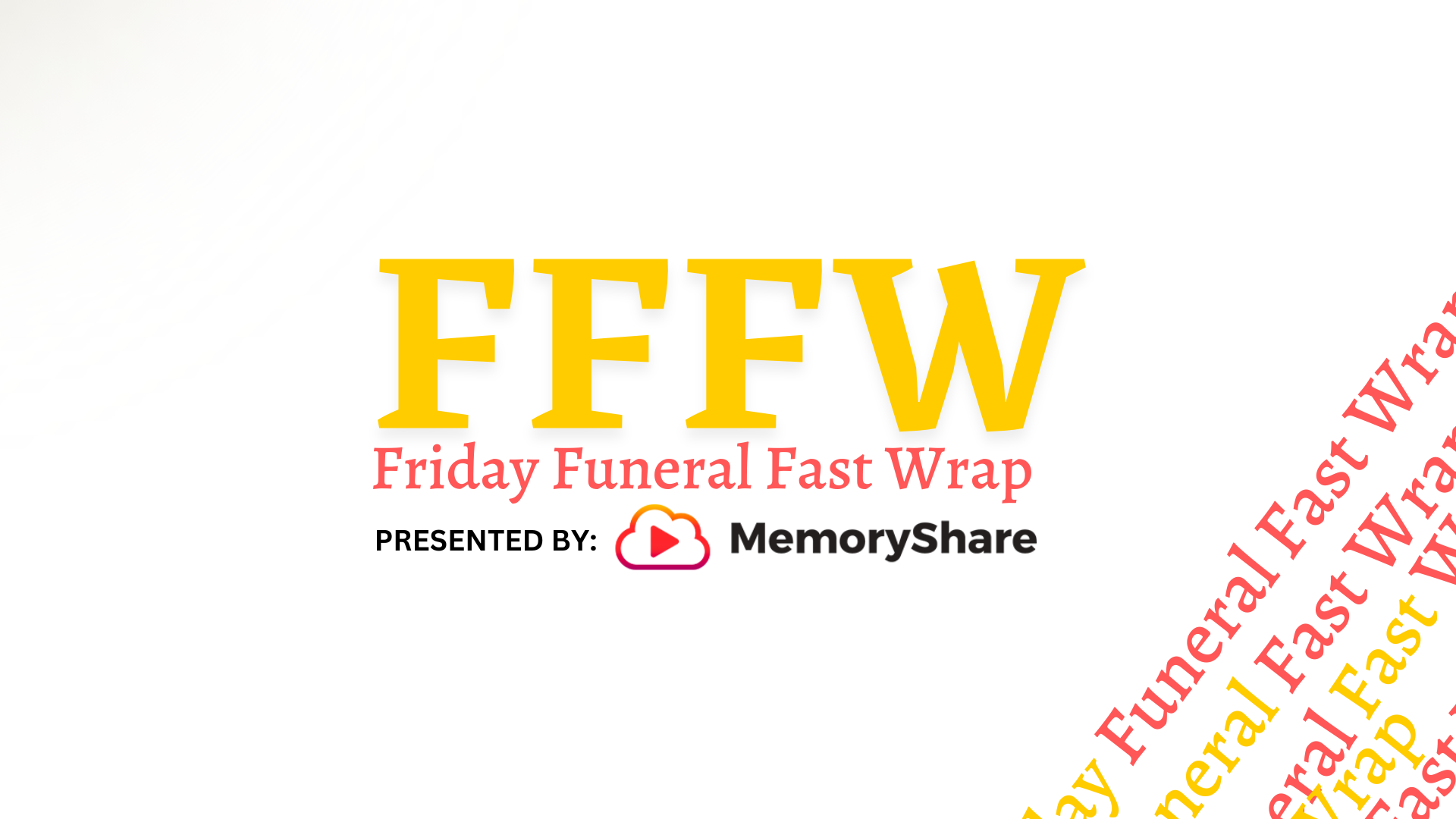St. Joseph Abbey's Lawyers Not Worried by Challenge to Victory in Casket Lawsuit

Louisiana’s funeral industry isn’t ready to give up the fight to preserve its exclusive right to sell caskets.
Late Monday, its lawyers appealed the ruling of a federal judge in New Orleans who on July 21 deemed unconstitutional the law that for decades restricted coffin sales to those who had paid the expensive fees and met the stringent requirements needed for a Louisiana Board of Embalmers and Funeral Directors license.
Judge Stanwood R. Duval opined that the statute unfairly shielded the funeral industry’s monopoly to the detriment of its consumers. His ruling stemmed from a lawsuit filed last August by monks at St. Joseph Abbey near Covington and their lawyers at the Virginia-based Institute for Justice.
Justice institute senior lawyer Scott Bullock on Tuesday called the funeral board’s appeal a “fruitless quest.”
“We will continue to represent the monks throughout the appellate process to ensure that this irrational law remains off the books,” he said.
Led by Abbot Justin Brown, the monks sought the right to sell $1,500 to $2,000 cypress funeral boxes they crafted at a woodshop at the abbey without needing certification from the embalmers and funeral directors board.
St. Joseph Abbey, Brown has said, hoped the casket sales would finance the medical and educational needs for more than 30 monks. But the state funeral board mailed a cease-and-desist letter to the abbey citing a Louisiana law that carried thousands of dollars in fines and up to 180 days’ imprisonment, prompting the monks to battle them in court.
Among the regulators named as defendants in the abbey’s suit were board members Andrew Hayes, Belva M. Pichon, Craig G. Gill, Kelly Rush Williams, Louis Charbonnet III, Margaret Shehee, Patrick H. Sanders, Paul “Wes” Castille and Wall V. McKneely. State law requires almost all board members to work in the funeral industry.
During a half-day trial in June, the monks’ lawyers Scott Bullock and Jeff Rowes presented evidence that Louisiana’s consumers were not protected by being forced to purchase caskets only at licensed funeral homes. That limitation appeared to conflict with federal protections ensuring that funeral consumers receive itemized price information and be told what merchandise and services are required and which are optional.
Coffins do not qualify as a requirement — in fact, Louisiana residents opting to purchase one could do so from out-of-state discount retail stores or even online. But, if they wanted to purchase one in Louisiana, they were allowed to do so only from licensed funeral establishments. That was illogical and violated basic consumer rights, according to Bullock and Rowes.
The defendants’ legal team of Preston Hayes, George Recile and Michael Rasch attempted to prove with their witnesses that a victory by the monks would complicate the regulation of illegal, third party sales to those not in immediate need of a funeral box, which were not challenged by the monks’ suit.
Under the restrictions, they added, grieving customers were also guaranteed to deal with expert industry professionals, which was a benefit.
“There is a rational basis for the law,” Hayes has said.
But none of that swayed Duval, who favored the abbey several weeks after both sides filed routine post-trial briefs.
Hayes said almost immediately after the ruling was known that his clients would appeal to the federal 5th Circuit Court, also in New Orleans. If Duval’s decision stands there, they can then appeal to the U.S. Supreme Court, which reviews only a very small minority of cases.



